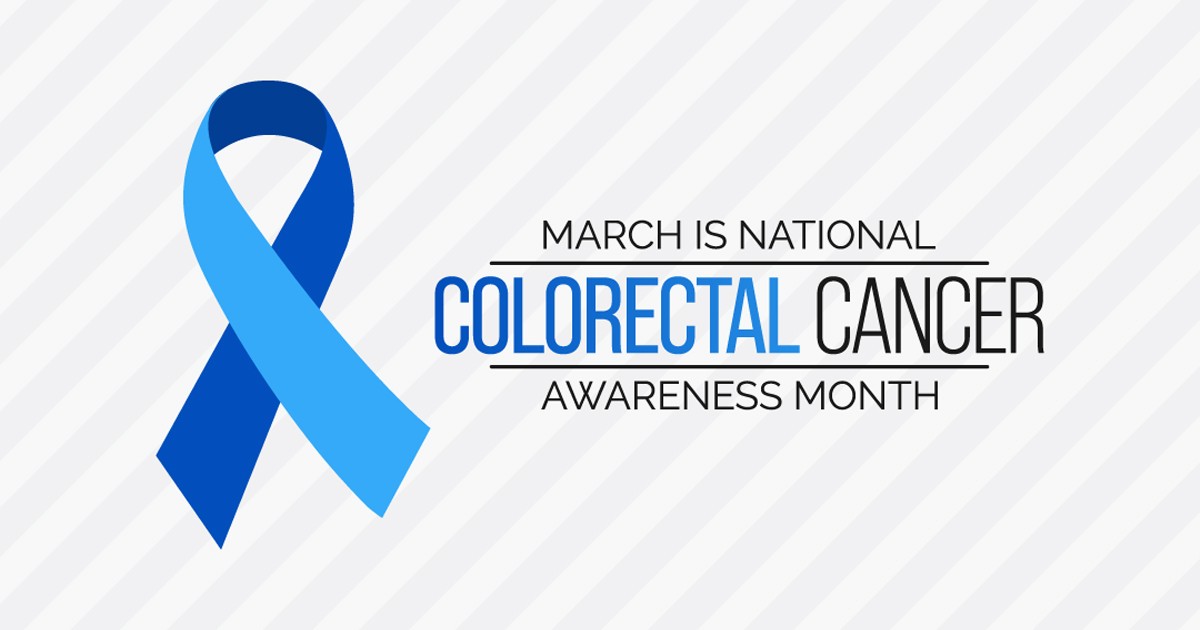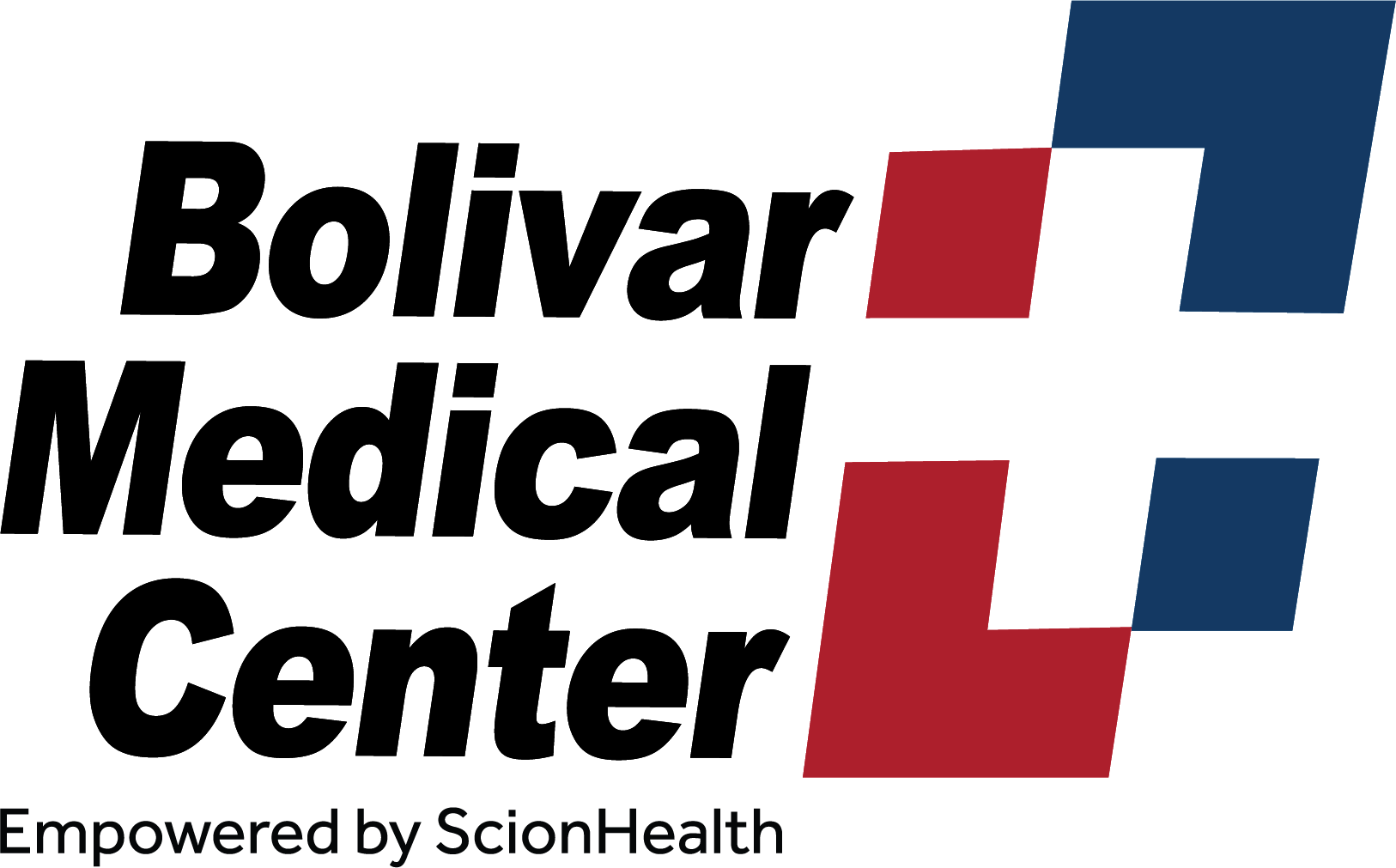March is National Colorectal Cancer Awareness Month
March 1, 2023

March is National Colorectal Cancer (CRC) Awareness Month and offers a timely reminder that early detection can be the difference between treatable and inoperable. With a new recommended screening age and significant evidence pointing to successful treatment if caught early, colorectal cancer is one of the most treatable cancers.
The American Cancer Society lists colorectal cancer as the third-most-common cancer diagnosis in the U.S. and the second-deadliest. Over 150,000 new cases are projected to be diagnosed in 2023 alone. Often called “the silent killer,” colorectal cancer commonly develops without symptoms. When symptoms do present, they may include:
- A change in bowel habits
- Blood in stool or rectal bleeding
- Nagging abdominal discomfort
- Fatigue or anemia
- Unexpected weight loss
One in 23 men and one in 26 women will develop colorectal cancer in their lifetime. While these numbers may seem high, colorectal cancer’s mortality rate does not have to be.
Colorectal cancer has a 90% survival rate if detected before spreading outside the colon or rectum. This number drops by nearly 20 percentage points if cancer is not detected early.
Screening Timetable
Everyone should be screened for colorectal cancer; the only question is when. According to the U.S. Preventive Services Task Force (USPSTF) and the Centers for Disease Control and Prevention (CDC), adults without any family history of colorectal cancer should start screening at age 45. Other factors include:
- Family history of colorectal cancer or polyps
- Genetic links to colorectal cancer such as Lynch syndrome
- Personal history of cancer
- Issues with ulcerative colitis, Crohn’s disease or other inflammatory bowel diseases
Contact your doctor immediately if you are experiencing colorectal cancer symptoms, regardless of family history or genetic markers.
The recommended screening age was lowered from 50 to 45 in 2021, reflecting the increased importance of early detection. With just a five-year shift in the average age of screening, colorectal cancer survival rates are projected to increase. USPSTF research estimated that for every 1,000 adults screened:
- 42-61 colorectal cancer cases would be averted
- 24-28 colorectal cancer deaths would be eliminated
- 286-337 total life years would be gained
Screening Options
Depending on your personal risk for colorectal cancer, several detection options are available. Your healthcare provider can help you determine which test or exam is right for you.
- Stool tests (every 1-3 years) can be done at home and examine blood and DNA in a stool sample.
- Flexible Sigmoidoscopy (every five years, or 10 years in coordination with an annual stool test). For the exam, a doctor inserts a short, thin, flexible, lighted tube into the rectum.
- Colonoscopy (every 10 years) is similar to a flexible sigmoidoscopy but involves a longer tube that checks the entirety of the colon (versus just the lower third). During the exam, doctors can also remove most polyps and some cancers.
- CT Colonoscopy (every five years) uses X-rays and computers to generate images of the entire colon for your doctor to review.
Screening is the best defense against the silent killer. If you are 45 or older or if you have an increased risk of developing colorectal cancer, screening options are available to you right now. Put time on your side today. For more information on colorectal cancer screening and cancer treatment services, visit BolivarMedical.com. To make an appointment with a healthcare provider to discuss your personal colorectal cancer risk or symptoms, please call us at 662-846-0061.
